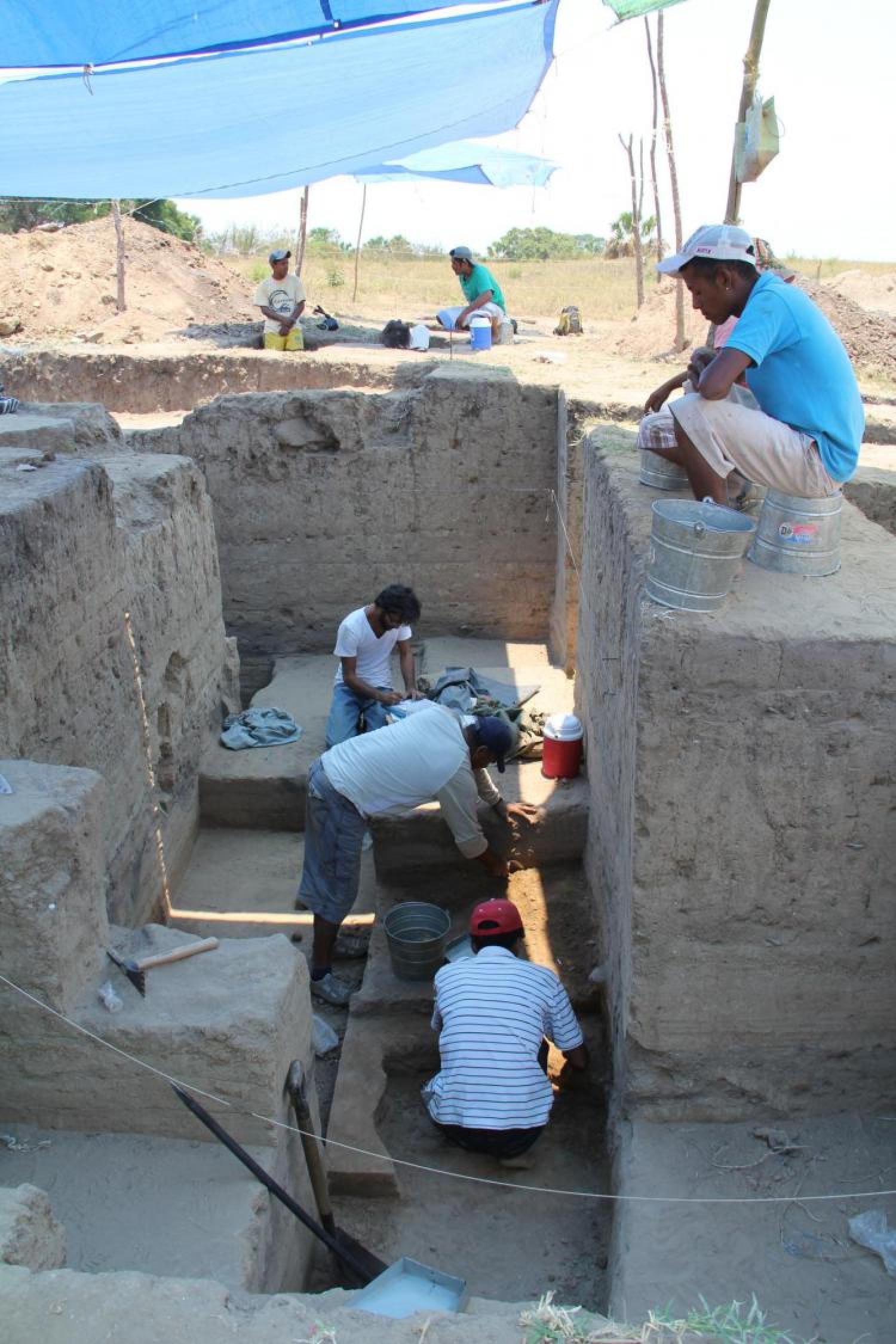Arthur Joyce's Mesoamerica NSF Grant Research Featured in A&S Magazine

A global team of researchers led by a CU Boulder prof has received a $1.5 million NSF grant to study the classic-period collapse in Mesoamerica
Why did the Mesoamerican classic period, an era of great social and cultural development for millions of people in central America and Mexico, abruptly end?
Archaeologists have debated the answer to that question for decades: Was it human impact on the environment, political upheaval or maybe climate change? A new grant from the National Science Foundation, however, hopes to shed some light on this perpetual question and provide greater clarity in understanding the causes of the collapse.
This new $1.5 million grant awarded to a team led by Arthur Joyce, a professor of anthropology at the University of Colorado Boulder, aims to bring together scholars from across disciplines, including archaeology, geology and paleoecology, to examine the issue from a transdisciplinary lens, both excavating ancient human sites and collecting climatic data.

